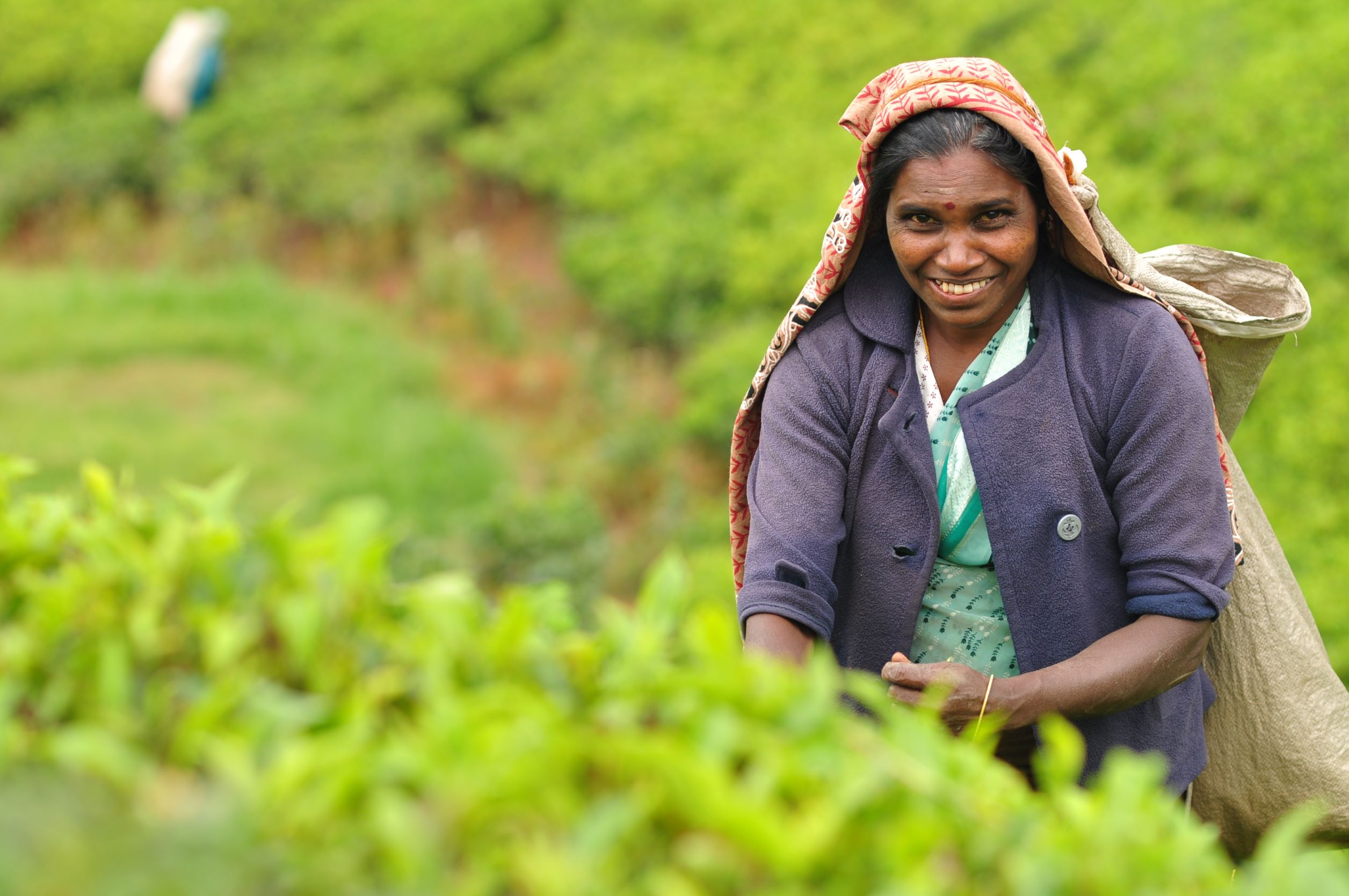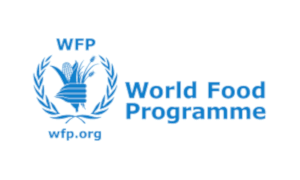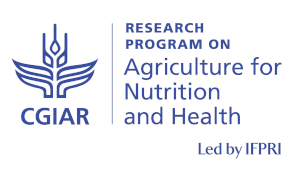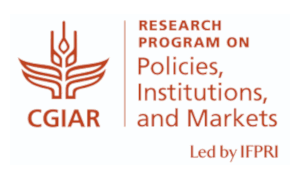Background: The World Food Programme (WFP) and IFPRI have been collaborating for several years to increase the impacts of WFP’s programs on diet, nutrition and well-being outcomes through improved program design and accompanying evaluations. As part of this collaboration, we are collaborating on operational research related to WFP’s Food assistance for Assets (FFA) Program in Sri Lanka, called R5N.
R5N Program Description: The program is designed to address climate-related challenges, like recurrent droughts, and build the resilience of rural agricultural households through the provision of cash for labor and physical assets to rehabilitate community water reservoirs, construction of household wells and ponds, and supporting diversified livelihood activities (fish farming, goat rearing, etc.). To understand whether adding a health promotion process (HPP) (a type of behavior change communication (BCC)) to influence diet, nutrition and health-related behaviors can increase the program’s impact on these outcomes half of the program areas were randomly assigned to also participate in the HPP which includes discussions on various agriculture, diet, health and nutrition-related topics.
Operations research: The operations research is designed to assess program impact on food security, incomes and diets (among other outcomes), the added benefit of including the HPP on diet and nutrition-related outcomes and to understand why changes have or have not occurred over the program period. In addition, we have used the data to understand how Covid-19 is affecting the households in our survey.










